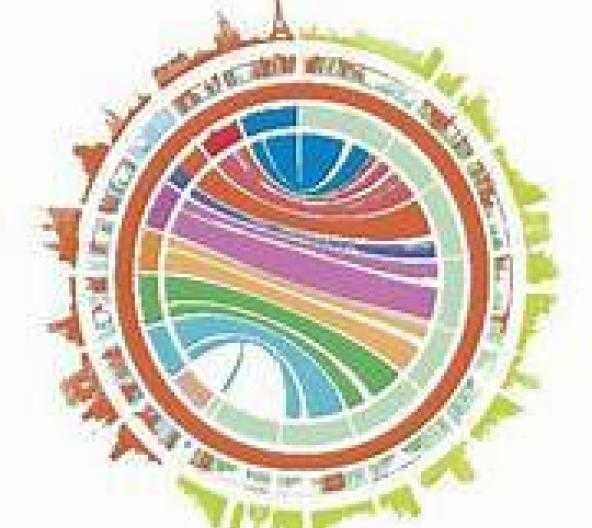
In June, Yanis Asloudj took part in the Journées Ouvertes en Biologie, Informatique et Mathématiques (JOBIM). This national conference attracts over 400 bioinformatics researchers every year. During the conference, Yanis presented a new ensemblistic partitioning algorithm for single-cell partitioning, and was awarded the prize for best oral presentation.
In living organisms, the grouping of several cells is necessary to develop complex structures such as organs. The cells that make up these structures have different and specific roles. In order to study the cellular diversity of a structure of interest, “single-cell” technology has been developed over the last ten years. Briefly, this technology makes it possible to measure molecular information for each cell in a sample. As part of his thesis, Yanis is developing new algorithms to extract biological knowledge from this molecular data.
To study single-cell molecular data, a crucial step is to identify groups of cells with similar molecular profiles. This step is known as “partitioning”.
Today, over 300 partitioning methods exist, each with its own specificities and assumptions. To take advantage of this methodological diversity, and generate better partitionings, their results can be integrated; this is known as an “assembly” partitioning algorithm.
The main contribution of this work is to propose a new philosophy for the ensemblistic partitioning problem. Traditionally, an ensemblistic algorithm will seek to minimize the differences between several partitionings. In his work, Yanis shows that these differences can in fact be informative, and proposes to describe them instead of minimizing them; he thus addresses several algorithmic challenges specific to single-cell partitioning. The associated paper will be available shortly.


